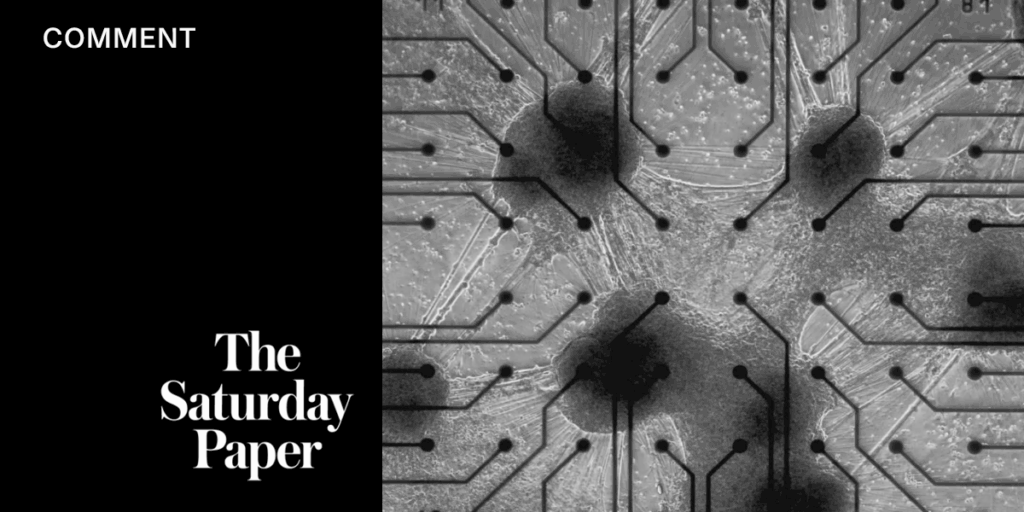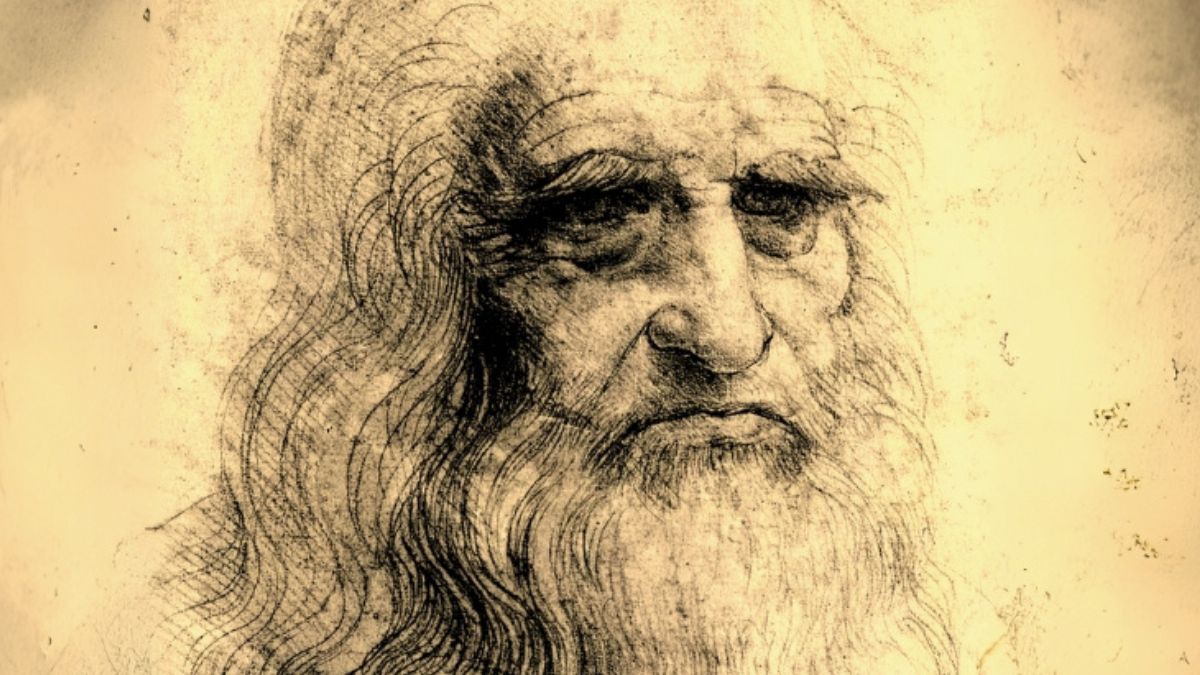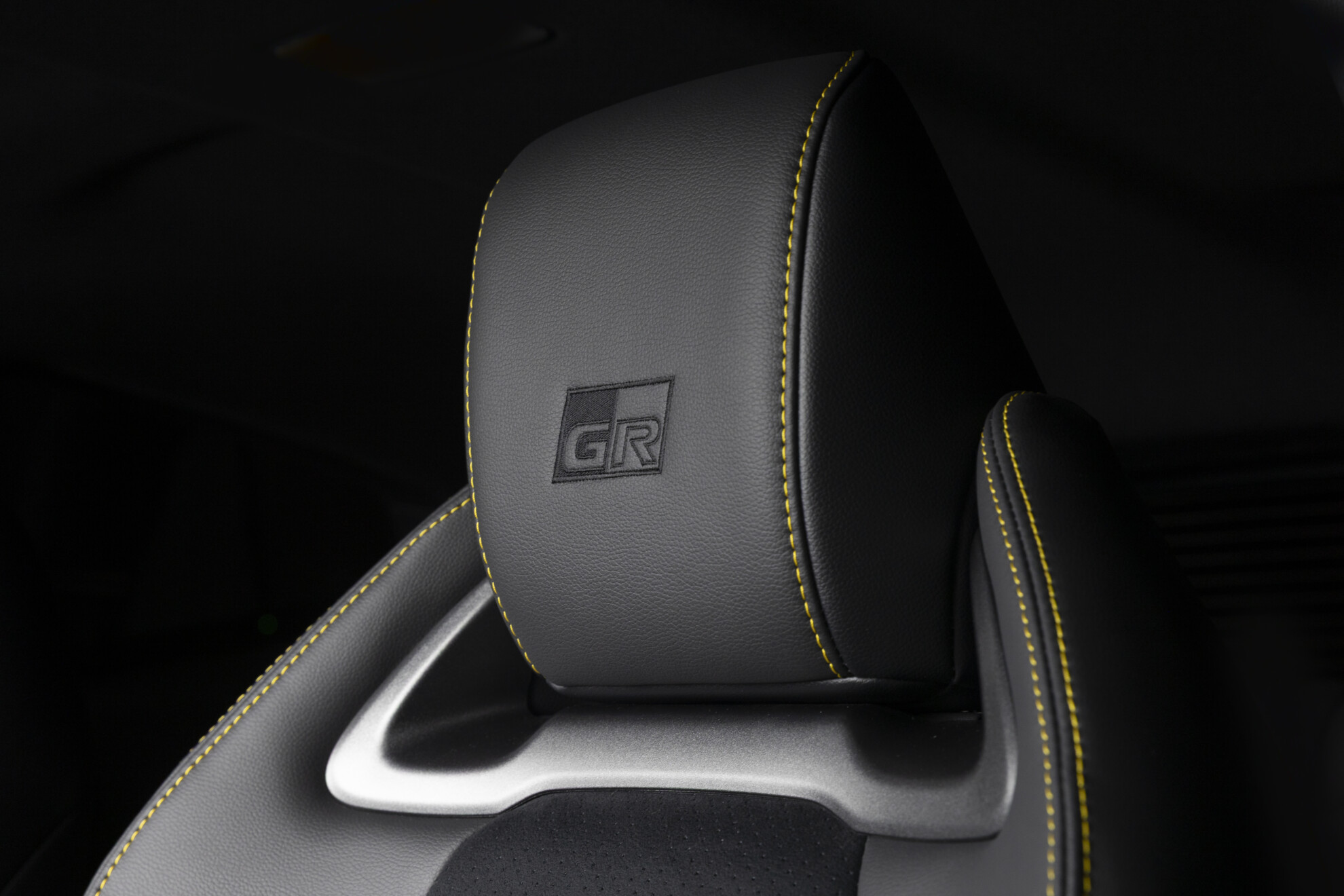
In a quiet lab in Melbourne, a groundbreaking development is unfolding that could redefine the future of humanity. While recent headlines have been dominated by geopolitical tensions and domestic political maneuvers, a story of potentially greater significance has emerged: the creation of artificial brains using real human brain cells. This revolutionary work is being conducted by Cortical Labs, a start-up that has successfully developed the first commercially available biological computer.
The implications of this innovation are profound. These “brains in a box” are not only communicating with researchers through electrical impulses but are also learning and adapting. This fusion of biological and artificial intelligence marks a significant leap in the evolution of computing, one that could transform various fields, from medicine to the arts.
The Birth of Biological Computing
The concept of biological computing is not entirely new, but the integration of human brain cells into artificial systems represents a monumental step forward. The researchers at Cortical Labs are pioneering this field by creating hybrid systems that can potentially control robots, diagnose diseases, and even generate creative works like music and literature.
However, this technological advancement raises critical ethical and philosophical questions. As we blur the lines between human and machine, we are forced to confront the fundamental question: Where does the human end and the computer begin?
Ethical and Philosophical Implications
Philosophers and ethicists have long warned of the potential consequences of merging human consciousness with artificial intelligence. The creation of these hybrid systems challenges our understanding of identity, consciousness, and what it means to be human.
Renowned poet T. S. Eliot once remarked on the intrinsic connection between the music of poetry and its meaning, a sentiment that resonates with the current debate. As we venture into this new realm, are we prepared to relinquish the unique qualities that define human creativity and expression?
“To surrender awe, beauty, truth is something I find terrifying. We are not simply building a more efficient machine; we are reimagining the human.”
Historical Context and Modern Parallels
The journey towards a mechanized understanding of the universe began centuries ago. The mathematical revolution of the 15th century, spearheaded by figures like Copernicus and Galileo, laid the groundwork for a mechanistic view of the world. René Descartes’ famous dictum, “I think, therefore I am,” encapsulated this shift, prioritizing reason and logic over spiritual and existential considerations.
In the 19th century, philosopher Friedrich Nietzsche explored the implications of this shift, questioning the erosion of human essence in favor of a purely rational existence. This trajectory has led us to a point where technology increasingly dictates our lives, often at the expense of our humanity.
The Future of Humanity and Technology
As we stand on the brink of a new era, the question remains: What kind of future are we creating? Sociologist Zygmunt Bauman’s concept of “liquid modernity” describes a world where change is constant and uncertainty prevails. In this context, the rise of biological computing represents both a challenge and an opportunity.
Martin Heidegger, a German philosopher, foresaw a future dominated by technology, warning of a world “rearranged into merely technological day.” His concerns echo those of many who fear that the relentless march of progress could lead to a loss of meaning and connection.
“The world becomes without healing, unholy.”
While the media focuses on immediate events, the true story lies in the laboratories where our future is being shaped. As computer scientist Ray Kurzweil predicts, the 21st century will witness unprecedented technological progress, culminating in the singularity—a merger of human and machine that could redefine existence itself.
Kurzweil’s vision of a post-Singularity world, where machines create their own God, underscores the magnitude of the changes ahead. This is not just a technological revolution; it is a transformation of human identity and purpose.
As we navigate this uncertain future, it is crucial to engage in thoughtful discourse about the ethical, philosophical, and existential implications of these advancements. The decisions we make today will shape the trajectory of humanity for generations to come.






